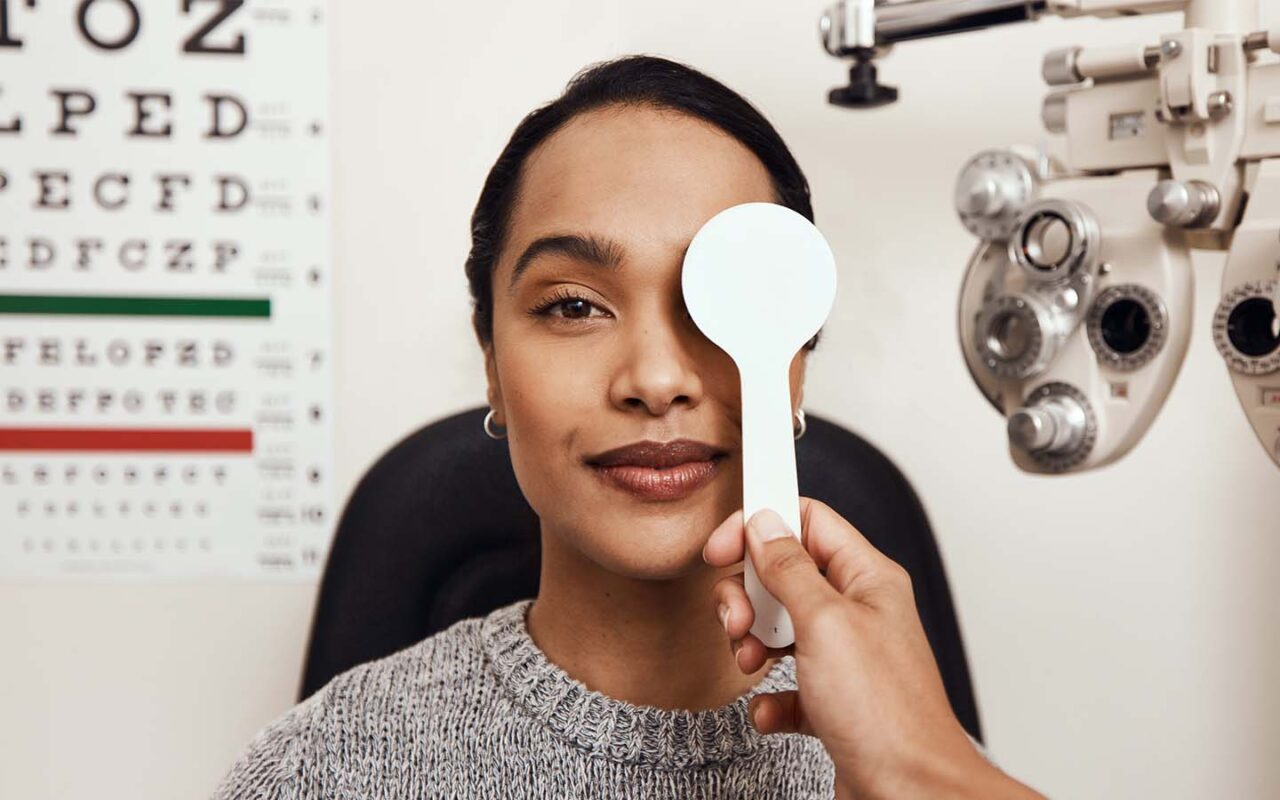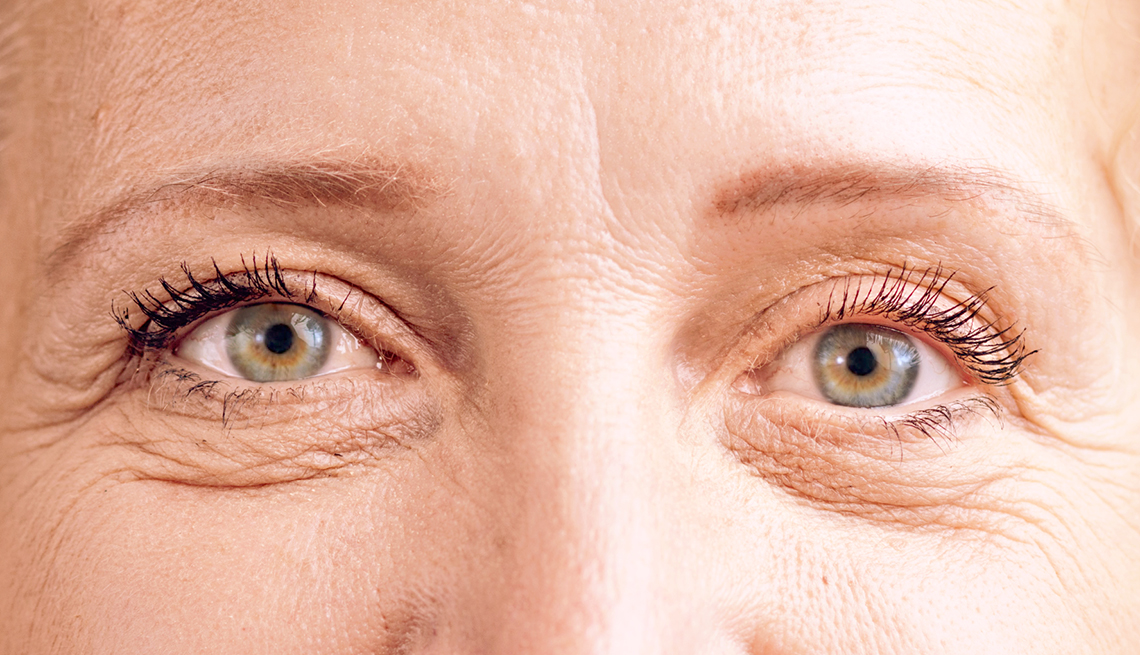All Categories
Featured

Taking care of persistent eye conditions can be a difficult trip, yet with the ideal strategy, individuals can preserve a high quality of life and maintain their vision. Chronic eye problems such as glaucoma, macular deterioration, diabetic person retinopathy, and dry eye illness usually require long-lasting administration and consistent care. The secret to properly handling these conditions hinges on a mix of expert care, way of living changes, and normal surveillance.
- Routine Eye Examinations
Regular eye exams with an optometrist or ophthalmologist are vital for monitoring the progression of chronic eye problems. Early detection of modifications can assist handle and protect against additional vision loss. Problems like glaucoma can be taken care of successfully if captured early, as treatment can slow down its development. Individuals should follow the schedule recommended by their eye care specialists, as normal exams can aid capture any problems before they aggravate.
- Following Prescribed Treatments
Many persistent eye conditions are manageable with medication, way of life modifications, or a combination of both. For instance, eye decreases are typically recommended to deal with glaucoma, while anti-VEGF shots might be advised for macular deterioration. It's crucial for people to follow their physician's instructions pertaining to the dose and frequency of these therapies. Quiting or avoiding doses treatment prematurely can cause a damage in the condition. Additionally, any type of changes in signs must be reported to the healthcare supplier right away, as modifications to the therapy strategy may be essential.
- Diet Regimen and Nourishment
Correct nutrition plays an important function in preserving eye health and wellness. For individuals with conditions like diabetic retinopathy or macular degeneration, eating a balanced diet rich in anti-oxidants and vitamins can help reduce condition development. Foods abundant in omega-3 fats, vitamin C, vitamin E, and zinc are particularly beneficial for eye health and wellness. Consulting with a nutritional expert can aid clients tailor their diet to sustain eye health while handling other elements of their condition, such as blood sugar level levels for diabetic person individuals.
- Securing the Eyes

People taking care of chronic eye problems need to take steps to protect their eyes from additional pressure or damage. Using sunglasses that block UV rays can help safeguard the eyes from harmful sunlight, which can exacerbate problems like cataracts or macular degeneration. Additionally, preventing cigarette smoking is critical, as it can boost the risk of numerous eye conditions, consisting of macular deterioration.
- Keeping Track Of Signs at Home
Maintaining track of signs is an additional crucial facet of handling persistent eye conditions. Individuals need to understand any type of modifications in their vision, such as blurriness, sudden vision loss, or increased level of sensitivity to light, and report these modifications to their medical professional. Utilizing tools like an eye graph in the house or surveillance aesthetic disturbances can aid people stay positive in their treatment.
- Assistance and Education
Living with a persistent eye problem can be psychologically and emotionally straining. Assistance from family members, friends, or support system can make a substantial distinction in managing the problem. Many individuals likewise gain from academic resources that aid them recognize their diagnosis and therapy choices. Knowledge is power, and the even more individuals learn about their condition, the far better outfitted they are to manage it successfully.
In verdict, taking care of persistent eye problems entails a holistic technique that includes normal eye exams, adherence to prescribed treatments, maintaining a healthy and balanced diet, and securing the eyes from additional damage. With the best treatment and support, individuals can successfully manage their eye wellness and maintain their vision for years to come.
Effective Strategies for Managing Persistent Eye Issues: A Client's Guide

Persistent eye conditions such as glaucoma, cataracts, macular degeneration, and diabetic person retinopathy can substantially affect a person's lifestyle. With a proactive technique and the best resources, patients can take cost of their eye health and prevent further difficulties. This guide supplies useful strategies for successfully managing chronic eye problems.
- Early Diagnosis and Consistent Monitoring
Among the most crucial action in handling a persistent eye condition is very early diagnosis. By catching eye diseases in the onset, clients have a higher opportunity of reducing their progression. Normal eye examinations are crucial, also for those who do not experience visible symptoms. Glaucoma can proceed without visible symptoms up until considerable damage has occurred. Regular check-ups allow medical professionals to track modifications and readjust therapy plans appropriately, protecting against long-term damages.
- Drug Management
Lots of chronic eye conditions can be regulated or supported via making use of prescription medicines. Eye goes down for glaucoma, as an example, help in reducing intraocular stress and stop optic nerve damages. For diabetic retinopathy, managing blood sugar level levels with drug and way of living modifications is essential. Abiding by recommended treatments and never ever avoiding dosages is important for handling the condition effectively. If they experience any type of side impacts or difficulties in managing their medication program., individuals must constantly interact with their health care carrier.
- Lifestyle Modifications
A healthy lifestyle is critical for taking care of chronic eye problems. Routine workout, a healthy diet regimen, and enough rest add to overall health and wellness and can have a favorable impact on eye health and wellness. Individuals with diabetes mellitus ought to concentrate on preserving stable blood sugar levels to avoid diabetic person retinopathy. In addition, incorporating nutrient-rich foods such as leafy eco-friendlies, fish, and citrus fruits right into the diet can give the needed nutrients to support healthy and balanced vision. Avoiding cigarette smoking and too much alcohol intake can also decrease the risk of worsening conditions like macular deterioration.
- Shielding the Eyes from External Variables
Environmental factors such as wind, sunshine, and dirt can intensify signs of certain eye problems. Putting on protective sunglasses with UV filters can secure the eyes from harmful rays that contribute to cataracts or macular degeneration. In addition, making use of synthetic rips or lubricating eye decreases can assist take care of the signs of completely dry eye illness, which is typical amongst people with chronic eye conditions.
- Psychological and Mental Wellness Support
Living with a chronic condition can be stressful, and managing changes in vision can result in sensations of disappointment or clinical depression. Looking for psychological support from good friends, family members, or also support system is an essential part of handling chronic eye conditions. Numerous people also find it useful to speak with counselors or psychological wellness professionals to develop coping strategies for handling the psychological impact of their problem.
- Utilizing Innovation
Developments in technology have actually supplied numerous devices to help individuals manage chronic eye problems. Applications that track vision changes, assistive gadgets for reading or movement, and reduced vision aids can all improve life. For instance, text-to-speech devices and digital magnifiers are beneficial for individuals with macular degeneration. By welcoming available innovations, people can maintain freedom and simplicity daily tasks.
In summary, handling chronic eye problems includes a combination of very early discovery, efficient therapy, way of living adjustments, and emotional assistance. By remaining attentive regarding eye health and making thoughtful decisions, individuals can continue to appreciate life with marginal disturbance from their problem. Normal interaction with doctor and a commitment to self-care are the structure of efficient administration.
Latest Posts
Extend Your Roof’s Lifespan with Coatings - Your Trusted Partner at Weathercraft GC.
Published Feb 05, 25
1 min read
Enhance Roof Durability with Professional Coatings - Weathercraft General Contracting.
Published Feb 05, 25
1 min read
Just How Can Clients Handle Chronic Eye Issues Successfully?
Published Feb 05, 25
0 min read
More
Latest Posts
Extend Your Roof’s Lifespan with Coatings - Your Trusted Partner at Weathercraft GC.
Published Feb 05, 25
1 min read
Enhance Roof Durability with Professional Coatings - Weathercraft General Contracting.
Published Feb 05, 25
1 min read
Just How Can Clients Handle Chronic Eye Issues Successfully?
Published Feb 05, 25
0 min read